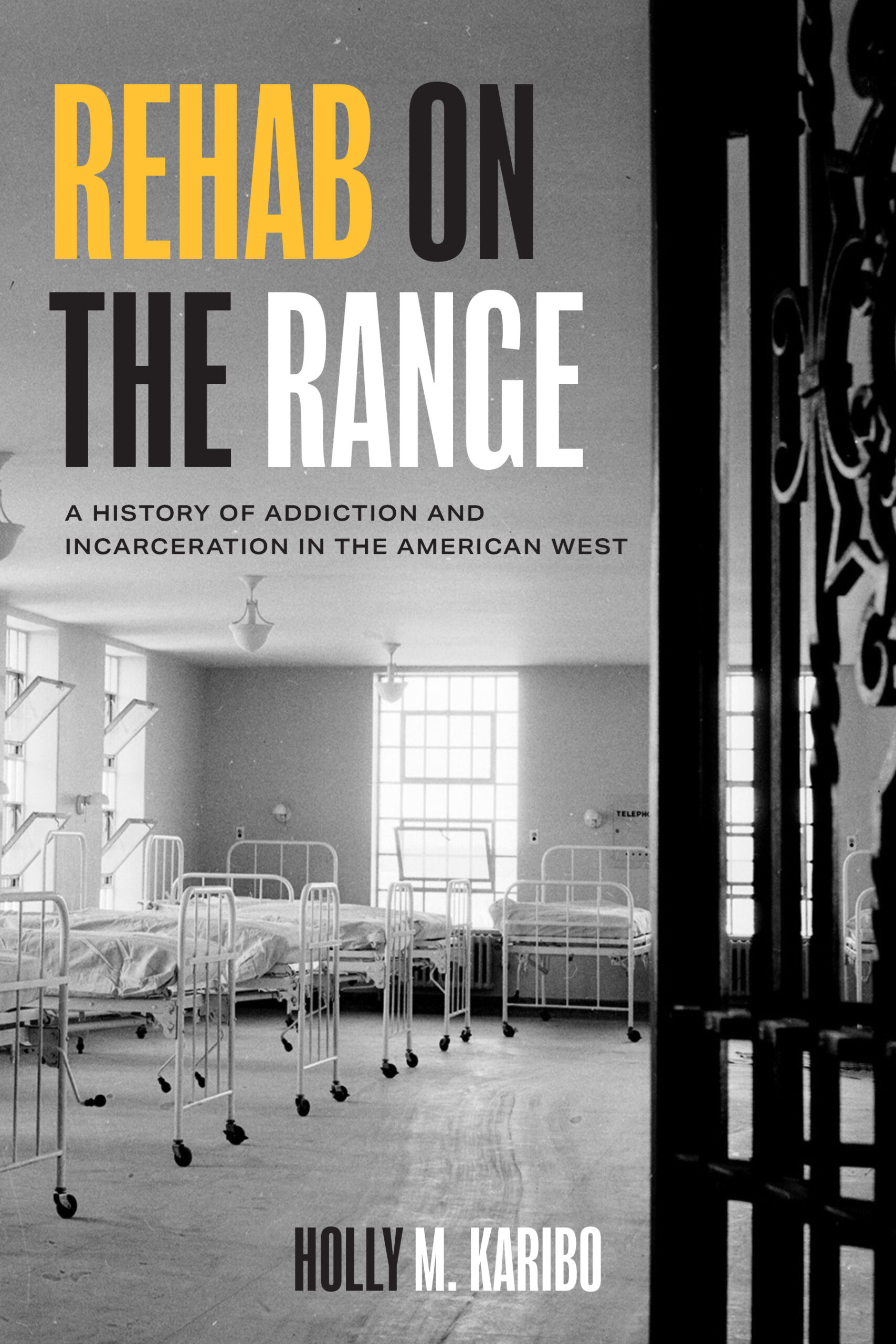With the return of Donald Trump to the White House comes promises of tougher and more restrictive immigration policies. The idea of deporting more than 11 million undocumented immigrants has been one of the most brought up and controversial issues by Trump. While this figure may seem unrealistic, it represents a clear threat to the immigrant community.
These proposals, although difficult to implement, could fuel an environment of hostility.
I truly believe that mass deportations will not happen because there is too much at stake. It would be a very costly process with great political and logistical implications, especially those related to the way proper deportation procedures for these immigrants. However, immigrants should not underestimate the risk of further raids and deportation proceeding.
The border wall: a symbol of separation rather than a solution
One of Trump’s flagship projects is the continuation of the wall on the border with Mexico regardless that experts agree on its limited effectiveness in stopping irregular migration.
There are parts of the wall that, even if they are standing, do not prevent crossing; this structure is not the integral solution. In certain sections it makes sense, especially in those that may represent a risk to the person but doing it across the entire border would be an enormous and inefficient expense.
And I question both the practical sense, and the high costs associated with this project. Looking from a legal and financial point of view its construction faces challenges and contractual commitments, but it is undoubted that, if completed, it would send a message of rejection and division to Latin American countries and migrant communities in the US.
Rapid reforms and programs at risk
In his first term, Trump demonstrated that he is willing to use executive orders to implement significant and rapid changes in immigration policy. Humanitarian programs such as Temporary Protected Status (TPS) and Deferred Action for Childhood Arrivals(DACA) which he tried to eliminate and failed to do so, despite coming from an executive order, could be among the first objectives of his administration given their temporary relief nature.
One of the most sensitive points for the immigrant community is the possibility that Trump use executive orders to remove humanitarian and immigration programs in the first 180 days of his government, such as Temporary Protected Status (TPS) and the recent Parole for immigrants married to US citizens. This is likely to be one of his first moves to show that he is keeping his campaign promises.
It is worth highlighting that the elimination of these programs would affect thousands of people who depend on them to work and live legally in the country.
Fear and uncertainty: the impact of anti-immigrant rhetoric
Trump’s speech and his open position against immigration have had effects beyond laws and decrees. Anti-immigrant rhetoric has created fear and at times an increase in the number of immigrants who try to change their status, due to the fear of being deported.
When Trump became the president of the United States for the first time, we saw an increase in the number of people who began to seek legal help quickly, which could happen again this year before he reaches the White House. Situations like these could saturate the immigration system and lengthen waiting times. At the same time, this could leave those who are trying to comply with the legal process in limbo.
Advice for immigrants: avoid panic and act strategically
I would emphasize the importance of those who have not yet started their process to start it through practical actions to protect their rights during this change of presidency.
It is essential that immigrants know their record and seek immigration attorneys who can advance their cases in a serious manner. Many promises of quick and easy permits are simply misleading and do not lead to real status change, hence the importance of avoiding unethical advice that can worsen their situation.
The underlying challenges: a real immigration policy or a power play?
Trump’s immigration policy has focused on high-impact but low-reach solutions that attract media attention without solving the root causes of migration. Promises such as eliminating birthright citizenship have no constitutional viability, and the wall will not stop migration on its own. I suggest that the new president’s approach may be more political than practical through quick and visible measures that, although they impact thousands of people, will not necessarily change the immigration system.
The human cost of short-term policies
Once the Trump administration advances in its first 180 days, immigrants and their families could face a scenario marked by restrictive measures, long deportation processes, and little clarity regarding their rights. Therefore, given the possibility that the government will focus on cutting aid programs and accelerating deportations, it is essential that undocumented immigrants remain calm and act with a solid action plan instead of reacting with fear to imminent changes.
Seeking a lawyer with experience in deportation courts is essential in this context, not only to resist possible changes, but to understand their rights and defend them in a strategic and responsible manner, given the possibility of a tightening of immigration policies.
Editor’s Note: The above guest column was penned by Rio Grande Guardian columnist and immigration attorney Héctor Quiroga, CEO of Quiroga Law Office. The Quiroga Law Office is an immigrant law firm for immigrants, created to help people achieve the American Dream. It has offices in Spokane, Kennewick, Tacoma, Vancouver, and Wenatchee, in Washington; Las Vegas, Nevada, and Querétaro in Mexico. For more information, contact: Jhon Quintero Bonilla, public relations manager via email at jhonq@quirogalawoffice.com. Or call (509) 255-3522, ext. 294.
The post Quiroga: My advice for immigrants: avoid panic and act strategically appeared first on Rio Grande Guardian.
 (2).png)
 3 months ago
73
3 months ago
73









 English (US)
English (US)